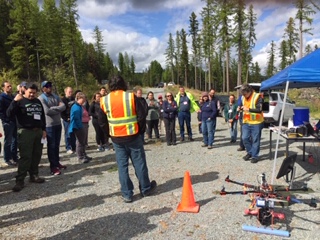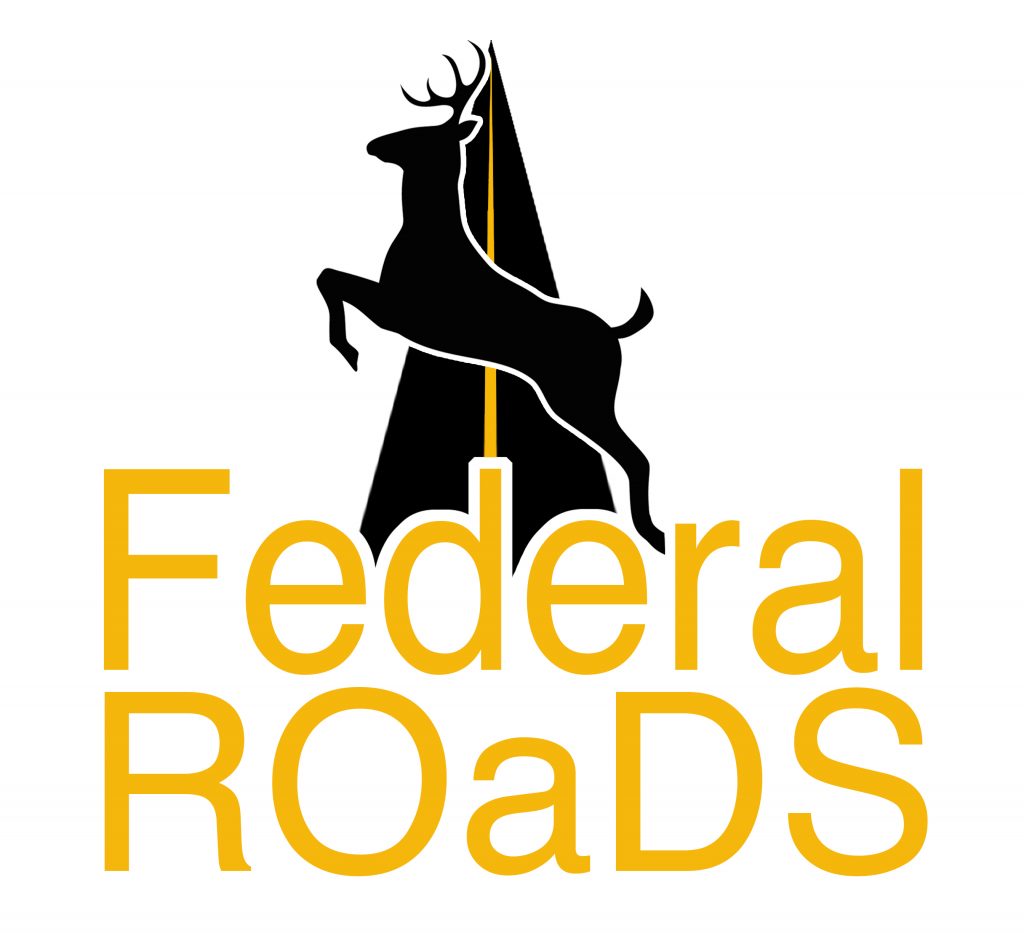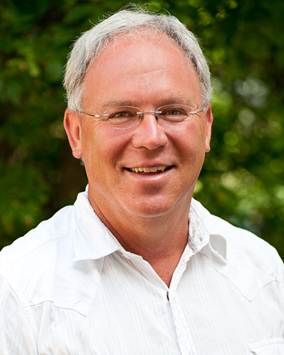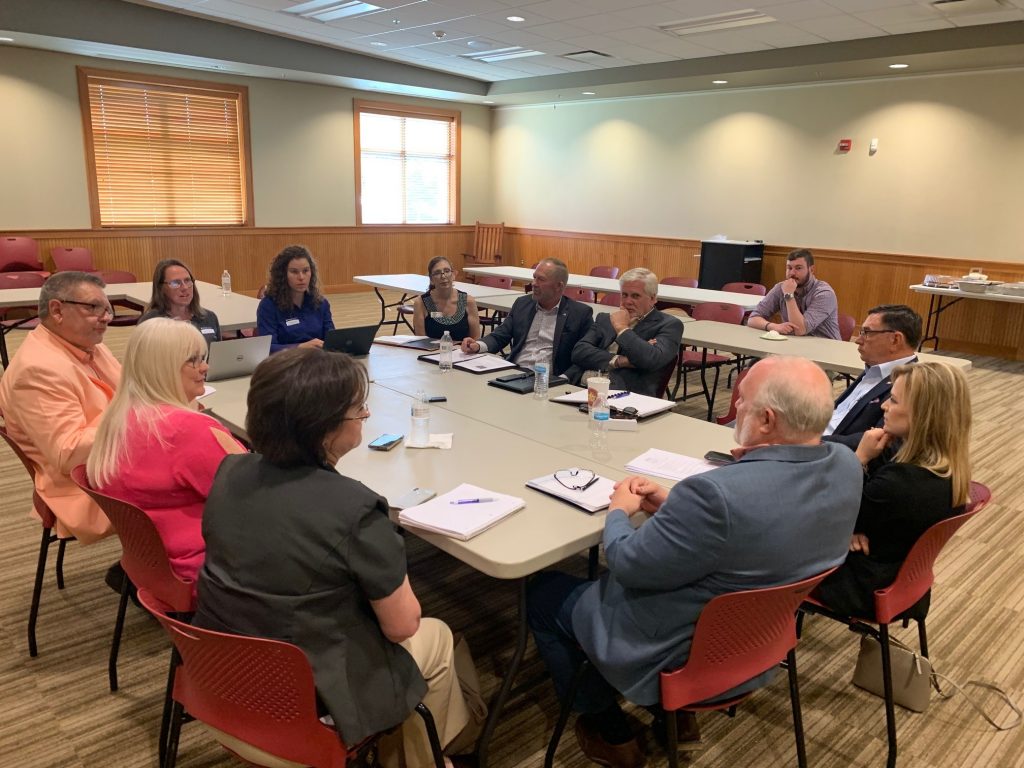12th TRB International Conference on Low Volume Roads comes to Kalispell, Montana

Kalispell, Montana proved to be an ideal venue for the 12th TRB International Conference on Low Volume Roads, held in late September. Sponsored by the Transportation Research Board and co-sponsored by the Forest Service, U.S. Department of Agriculture, the conference welcomed 250 participants from 22 countries who experienced low volume roads in northwest Montana firsthand. […]
Wildlife Vehicle Collision Data Collection System: Second phase of development complete

The WTI Road Ecology program, in partnership with the MSU Gianforte School of Computing, has completed a second phase of research on a system to simplify how wildlife vehicle collision (WVC) data is collected and shared among federal agencies. The research program is sponsored by the National Center for Rural Road Safety, the National Park […]
Washington Post Interviews WTI Road Ecologist

One of the country’s leading newspapers consulted a WTI researcher and several of our road ecology publications for a national feature story on wildlife crossings. “Retrofitting busy highways to let wildlife travel safely, too” explored national and state initiatives to identify wildlife corridors and enhance crossing structures such as underpasses and overpasses. The Post interviewed […]
Rural Transit Project Kicks Off in Arkansas

WTI Mobility researchers Rebecca Gleason and Danae Giannetti traveled to Fort Smith, Arkansas last week to help launch a rural transit hub feasibility study. They gave an overview presentation to the Frontier Metropolitan Planning Organization, which is partnering with WTI on the project along with Western Arkansas Planning and Development District. The goal of the […]
WTI Research Expenditures Highlighted by Montana State University
At the end of September, Montana State University announced that research spending for the 2018-2019 fiscal year set a new record of $138 million. “MSU records yet another strong year for research” notes that research expenditures were up more than 9% over the previous year, and gave a shout out to high performing departments and […]
Ament Interviewed on Wildlife Crossing Structures in Wyoming
The Jackson Hole News and Guide has published “Bridging a future for wildlife,” a feature article on proposed wildlife crossings structures for Wyoming highways. In the article, WTI Road Ecology Program Manager Rob Ament discusses how crossing structures can be highly effective in reducing collisions between vehicles and large mammals, especially if the locations are […]
Huijser Leads Webinar for USFWS
In September, Research Ecologist Marcel Huijser was invited to present a training webinar for all the Regional Transportation Coordinators in the US Fish and Wildlife Services (USFWS). The topic for this training was “Road Ecology: Issues and Solutions on and for USFWS Refuges.” WTI has provided technical assistance to US Fish and Wildlife Service refuges […]
